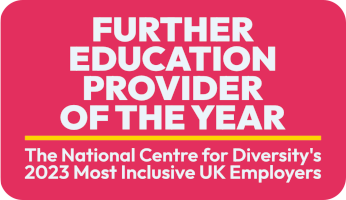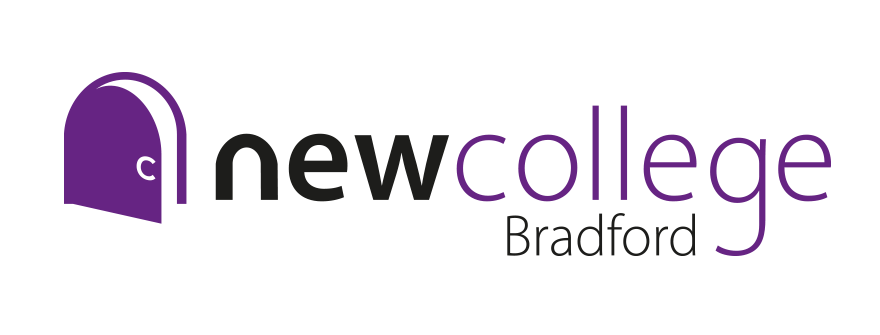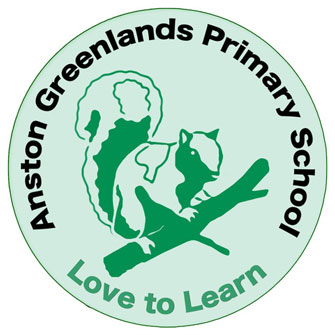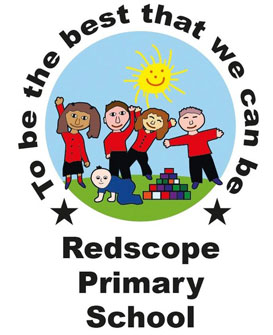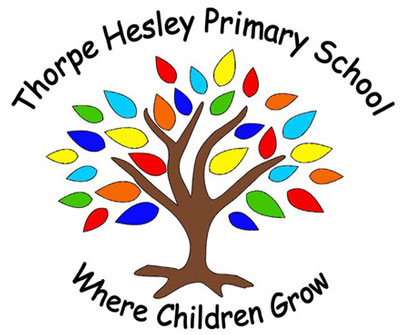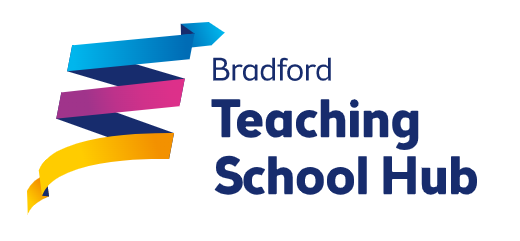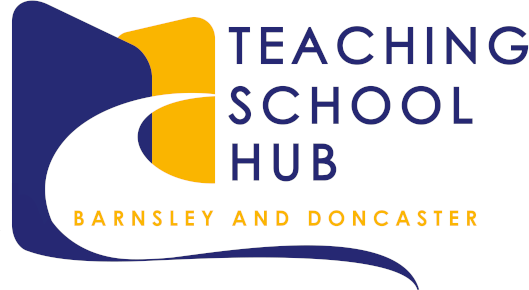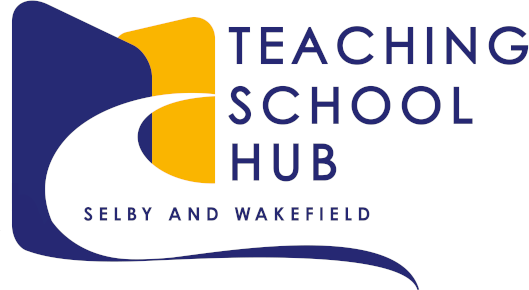Worried about a student?
Talk to us if you or anyone you know is affected by:
- Self-harming
- Feeling Suicidal
- Homelessness
- Abuse
- Forced Marriage
- Domestic Violence
- Extremist Behaviour
- Drugs and Alcohol Abuse
- Child Sexual Exploitation
- Any Bullying
- Harassment
- Sexual harassment
We are here to help:

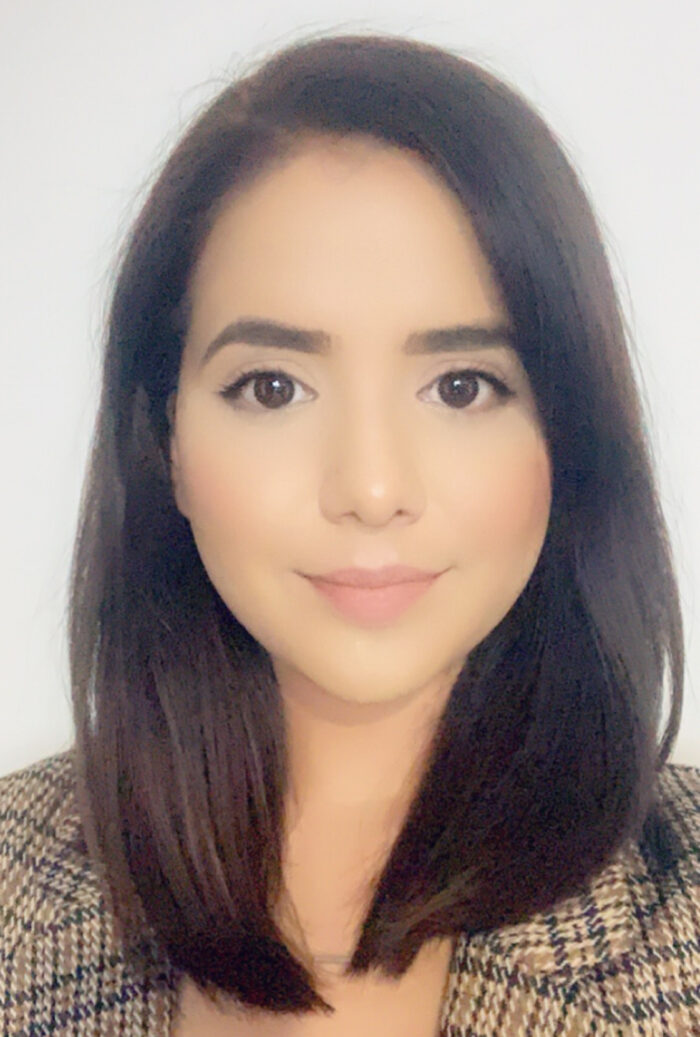
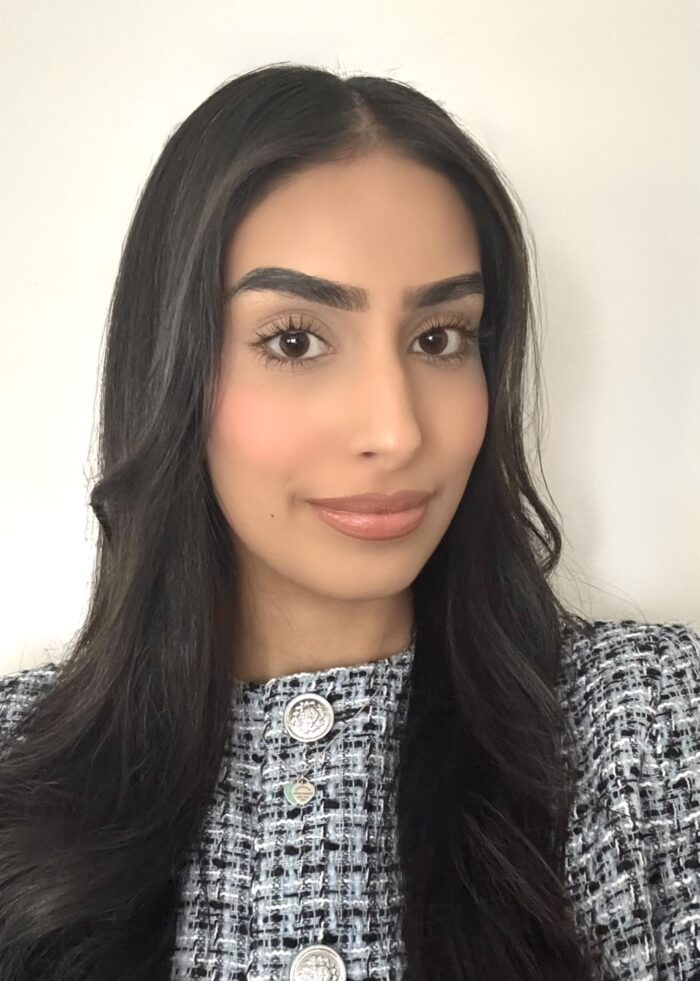
We have a duty of care to young people and take our responsibilities for child protection very seriously. We are committed to safeguarding and promoting the welfare of all of our students, both within the College environment and outside.
We aim to promote a positive, supportive and secure environment in which students feel respected and valued. High self-esteem, confidence, supportive friends and clear lines of communication with trusted adults are important elements of prevention.
We recognise that safeguarding incidents could happen anywhere, so all staff are trained to be alert to any possible causes for concern.
The college’s Designated Safeguarding Lead Person is Jaz Qadri. Any enquiries regarding matters of child protection and safeguarding should be referred to him.
Out of hours
Email: Safeguarding@ncbradford.ac.uk
Please note this email address is not manned 24 hours a day. Monday – Friday after 4pm, weekends and bank holidays.
For serious concerns please use the below contact details.
If you have concerns about personal safety, contact the Police on 999 or 101.
Concerns regarding health and wellbeing contact your out of hours Doctors or call the Hospital on 111.
Out of hours social services for children and adult: 0345 850 3503
CEOP helps any child or young people under the age of 18 who is being pressured, forced or tricked into part in sexual activity of any kind. This can be something that has taken place either online or in ‘the real world’, or both. The CEOP Safety Centre has clear information and advice on what can be reported to CEOP, the reporting process and what will happen if you do decide to make a report. You can visit the CEOP Safety Centre and make a report directly to CEOP by clicking the Click CEOP button.

If you are experiencing online bullying or something else online has worried you please speak to an adult you trust, or you can talk to Childline at any time on 0800 1111 or at www.childline.org.uk.
Safeguarding Means
- Promotion of your health and development
- Ensuring your safety and care
- Ensuring you are offered the best life chances
- Protection from abuse and neglect
- Prevention of bullying and harassment
Bullying and Harassment
We are committed to providing a caring, friendly and safe environment for all of our staff and learners so that teaching and learning can take place in a relaxed and secure atmosphere. We believe in creating a society in which we all treat each other with dignity and respect.
Bullying, harassment or victimisation of any kind is unacceptable at our College, and we have a responsibility to respond promptly and effectively to any issues of bullying, harassment or victimisation. If bullying, harassment or victimisation does occur, all staff and learners should report it and know that incidents will be dealt with promptly and effectively. No one should have to ‘suffer in silence’.
As a parent/guardian if you have concerns please contact Jaz Qadri, jaz.qadri@nclt.ac.uk
Staff training
- All staff complete a Level 1 safeguarding qualification
- All Progress Tutors complete a Level 3 safeguarding qualification
- Safeguarding Team all complete a level 3 safeguarding qualification
- Each new member of staff receives information on safeguarding procedures as part of the induction process
Tutorials
All students receive a number of tutorials around Safeguarding throughout their two years. These include key topics such as mental health and wellbeing, sexual harassment, online safety, Prevent, consent, healthy relationships and sexting.
The safeguarding tutorial is adapted every year to focus on key issues that affect young people.
Visitors on site
Any visitor on-site without the appropriate checks in place will be supervised at all times when on site.
External Agencies
At New College we offer a holistic approach to the support that students receive we have therefore built up relationships with support services in and around the district; these include housing and financial support, young carers and CAMHS.
Early Help
Early Help is not a service. Anybody working with children or families is part of Early Help, at the point that problems are identified. The wellbeing of children, young people and families is everyone’s responsibility. Early Help is simply the collection of all services available in Bradford and how they work with families when there are additional or more complex needs, before the need for Children’s Social Care (CSC) and safeguarding procedures.
Why is it important?
By changing the way we all work, from a late reaction to chronic and acute need, to a focus on the root causes of social problems, outcomes for children and families improve, and costly statutory interventions can be avoided.
Please see link below for further information and support
Prevent
Pursue
To stop terrorist attacks in this country and against our interests overseas. This means to:
- Detect and investigate threats at the earliest possible stage
- Disrupt terrorist activity before it can endanger the public
- And, where ever possible, prosecute those responsible
Protect
To strengthen our protection against a terrorist attack in the UK or against our interests overseas and so reduce our vulnerability.
Prepare
To mitigate the impact of a terrorist attack where that attack cannot be stopped. This includes work to bring a terrorist attack to an end and to increase our resilience so we can recover from its aftermath.
Prevent
To stop people becoming terrorists or supporting terrorism.
On 1 July 2015 the Prevent duty (section 26) of The Counter-Terrorism and Security Act 2015 came into force. This duty places the responsibility on local authorities and schools/colleges to have due regard to the need to prevent people from being drawn into terrorism.
New Collaborative Learning Trust is fully committed to safeguarding and promoting the welfare of all its students. As a college we recognise that safeguarding against radicalisation is as important as safeguarding against any other vulnerability.
All staff are expected to uphold and promote the fundamental principles of British values, including democracy, the rule of law, individual liberty and mutual respect, and tolerance of those with different faiths and beliefs. We believe that children should be given the opportunity to explore diversity and understand Britain as a multi-cultural society; everyone should be treated with respect whatever their race, gender, sexuality, religious belief, special need, or disability.
As part of our commitment to safeguarding and child protection we fully support the government’s Prevent Strategy.
Staff have completed the DfE’s Channel General Awareness training. Channel is a programme which focuses on providing support at an early stage to people who are identified as being vulnerable to being drawn into terrorism. Staff have also undertaken WRAP (Workshop Raising Awareness of Prevent) Training alongside statutory safeguarding training as well as receiving regular updates and briefings around prevent.
Lockdown
Lockdown
All schools and colleges now have to have a Lockdown procedure in addition to a fire evacuation procedure. Schools and colleges have a duty of care to both staff and students, so there should not only be effective systems and procedures in place, but regular practices should be conducted so that all staff and students know what to do in any situation.
When practices are carried out staff and students will be made aware well in advance and of the actions they should take.
A Lockdown siren would be initiated for a number of reasons, such as:
- A serious disturbance within the local community
- A chemical spillage or gas leak
- An intruder on site
In the event of an actual lockdown, staff will communicate promptly with parents.
What we do if there is a concern
If we have a concern about a particular student/family, we will follow the colleges normal safeguarding procedures, including discussing with the Designated Safeguarding Lead (s), the local prevent officer and where deemed necessary, with children’s social care.
The Prevent Lead at New College Bradford is Jaz Qadri. Should you have any concerns about a student and/or their family please contact – jaz.qadri@nclt.ac.uk – 01274 089189.
Please see below link for further information around prevent in the Wakefield district including how to make a referral if you are worried about someone.
If concerns are outside of college hours or during the holidays please ensure the referral included in the link is completed to avoid any delay passing on information.
Reporting online material promoting terrorism and/or extremism
Report illegal or harmful information, pictures or videos you’ve found on the internet.
You can report things like:
- articles, images, speeches or videos that promote terrorism or encourage violence
- websites made by terrorist or extremist organisations
- videos of terrorist attacks
Report online material promoting terrorism or extremism – GOV.UK (www.gov.uk)
Resources
Student/Parent Support
Mental Health
Turning Point
If you are aged 16 years or older and are registered with a GP surgery in the Wakefield District, you can access Turning Point by contacting us directly. This Talking Therapy service is delivered in partnership with NHS.
You can access the service by calling 01924 234 860 and you will be able to discuss the options available to you.
Visit the website for further information – www.turning-point.co.uk
KOOTH
Kooth is a free online counselling, and emotional well-being platform for young people, accessible through mobile, tablet and desktop.
Offering support and advice in the flowing ways:
- Drop in chats
- Booked 1:1 sessions
- Themed message forums and lots more…
Kooth provides free, safe and anonymous online support for young people, covering a number of issues including:
- Feeling low
- Being abused
- Relationships
- Bullying
- Eating Disordrs
- Sexuality
Visit the website for further information – www.kooth.com
Child & Adolescent Mental Health Service (CAMHS)
The Bradford child and adolescent mental health service (CAMHS) provides assessment, interventions and support to children, young people and their families who are suffering from significant mental health or behavioural problems.
Referrals to CAMHS can be made through your GP.
Other useful websites offering support and advice
www.mind.org.uk – We provide advice and support to empower anyone experiencing a mental health problem.
www.sane.org.uk – We are a UK-wide charity working to improve the quality of life for people affected by mental illness
www.childline.org.uk – 24 hour free confidential helpline for children and young people (0800 11 11)
Bereavement and Loss
Bradford Bereavement Support
Albion Mills Business centre
Albion Mills, Albion Road, Bradford BD10 9TQ
01274 619522
NHS
Advice and support to help you get through the loss of someone important to you. A bereavement counsellor explains what bereavement is, how to cope, and where to go for help and support.
Visit the website for further information – https://www.nhs.uk/mental-health/feelings-symptoms-behaviours/feelings-and-symptoms/grief-bereavement-loss
Other useful websites offering support and advice
- Moodjuice – a self-help guide to bereavement
- Mind – how to access bereavement support
- Winston’s Wish – coping with the loss of a parent
- Childhood Bereavement Network – Support for young people who have lost a relative
- Cruse – support after the loss of a loved one
- Marie Curie – experiencing the loss of a loved one
- Scouts – understanding loss and grief
- HopeAgain – support network specifically for young people experiencing grief after the loss of a loved one
Substance/Alcohol Misuse
The Bridge Project – Young People’s Drug And Alcohol Service
Alcohol addiction – support for family and friends
Website: https://thebridgeproject.org.uk/services/one80-young-persons-drug-and-alcohol-service/
Telephone: 01274 745636
Email: info@thebridgeproject.org.uk
Change Grow Live (CGL)
Our services are designed to encourage individuals to find the strength and resources within themselves to achieve and sustain the life and behavioural changes they seek.
We wont judge you, and we wont tell you what to do. We are here to help you make the changes you want to make. We provide free, confidential advice and information about drugs and alcohol to people under 18.
For help and advice you can contact us on 01924 371 579
Visit the website for further information – https://www.changegrowlive.org/
Frank
Frank is a website and telephone helpline offering advice, information and support to anyone concerned about drugs and solvent /volatile substance misuse, including drug misusers, their families, friends and carers.
National drugs helpline: 0300 123 6600 – available 24 hours a day, 365 days a year
Text: 82111
Email: frank@talktofrank.com
Al-Anon UK
Support for young people suffering from the affects of alcoholism in the family
Sexual Health
Yorkshire MESMAC
Yorkshire MESMAC is one of the oldest and largest sexual health organisations in the country. Our historical focus is HIV prevention and sexual health promotion with Gay, Bisexual and men who have sex with men. Additionally our Community Development approach means that we are concerned with the wider Lesbian, Gay, Bisexual and Transgender (LGB&T) health, social and equity agendas. We work with LGB&T communities to tackle underlying causes of physical and mental ill health and to challenge those structures and systems that seek to exclude us from decision making.
Visit the website for further information – www.mesmac.co.uk
Brook
Sex and pregnancy advice
Locala
Locala is a not-for-profit social enterprise that is proud to provide a variety of NHS community healthcare services to people in Kirklees, Calderdale and Bradford.
Locala’s single point of contact telephone line is available at 0300 304 5555 and available 24 hours a day, seven days a week.
GP Services
GPs are able to offer telephone appointments to discuss contraception. Some may be able to prescribe contraceptive pills and emergency contraception over the phone. Please check with your local doctor’s surgery whether you can make an appointment for this.
Pregnancy
If you think you might be pregnant and would like advice, please ring Locala on as soon as possible (030 3330 9500) or make an appointment with your GP. You can buy a pregnancy test from a pharmacy or supermarket.
Residential homes and leaving care nurses may also be able to provide condoms and pregnancy tests – please ask if you are unsure.
General Health
NHS Direct
NHS 111 is the free number to call when you have an urgent healthcare need. It directs you to the right local service, first time, making it easier for you to access urgent healthcare services when you need medical help fast.
When should you call NHS 111?
- You need medical help fast, but it’s not a 999 emergency
- You don’t know who to call for medical advice
- You think you need to go to A&E or another NHS urgent care service but are not sure which one is most appropriate
- You require health advice or reassurance about what to do next
This service is available 24 hours a day, 365 days a year.
Calls to 111 are free from landlines and mobile phones.
NHS Live Well
Healthy living for everyone offers advise and information on over 100 topics including:
- Smoking
- Alcohol
- Exercise/Fitness
- Food/Diet
Visit the website for further information: https://www.nhs.uk/live-well/
Lesbian, Gay, Bisexual and Trans
The Proud Trust
The Proud Trust is a life saving and life enhancing organisation that helps young people empower themselves to make a positive change for themselves and their communities.
The website is designed for young people who want to find out more about:
- Gender
- Sexuality
- Coming out
- Local youth groups
- Where to get support
Visit the website for further information – www.theproudtrust.org/
Yorkshire MESMAC
Yorkshire MESMAC is one of the oldest and largest sexual health organisations in the country. Our historical focus is HIV prevention and sexual health promotion with Gay, Bisexual and men who have sex with men. Additionally our Community Development approach means that we are concerned with the wider Lesbian, Gay, Bisexual and Transgender (LGB&T) health, social and equity agendas. We work with LGB&T communities to tackle underlying causes of physical and mental ill health and to challenge those structures and systems that seek to exclude us from decision making.
Visit the website for further information – www.mesmac.co.uk
AMP (18-25)
AMP is a young people group open to all Lesbian, Gay, Bisexual, Trans* and Questioning young people between 18-25 years old. We meet every Wednesday evening from 6.30pm – 9.00pm in a central Wakefield location. It is an organised session where we eat, socialise and plan scheduled events. We provide information and support on areas such as sexual health, relationships, keeping safe and anything we feel could benefit the group in their day to day life.
You can find out more about the AMP by emailing: m.tyson@mesmac.co.uk or calling 07955 005 113
GALOP
A helpline for anyone in the LGBT community who is experiencing domestic violence and/or abuse.
The helpline (0800 999 5428) is available:
Monday and Thursday 10:00 till 20:00
Tuesday and Wednesday 10:00 till 17:00
The website is also available to victims, families and friends.
Visit the website further information – https://www.galop.org.uk/
Mindline Trans+
Mindline Trans+ is a confidential, non judgmental listening service helpline for Trans or non-binary people, their friend and families. Our experienced and compassionate Transgender call handlers are here to listen and support with any issues you may have relating to being transgender.
We can also signpost and inform you of other places of support.
Helpline open Monday and Friday 8pm till Midnight – 0300 330 5468
Visit the website for more information – http://mindtws.org.uk/our-services/mindline-htm/
Mermaids
Reach out to Mermaids who can put you in touch with others people, make new friends and share experiences. Offering support and information to children and young people under the age of 19 who are trying to cope with gender identity issues, and offering support for their family and friends.
Call: 0344 334 0550
Email: info@mermaidsuk.org.uk
Gender Trust
The gender Trust National Helpline is dedication to supporting anyone experiencing gender identity issues.You can also visit the website for information and support.
Helpline: 01527 894838
Visit the Website for further information: https://www.gendertrust.org.uk/
Eating Disorders
B-eat
B-eat are the UK’s leading charity to support anyone affected by eating disorders or difficulties with food, weight or shape.
Beat has lots of other information that you may find useful if you think you, or someone you know has an eating disorder.
Call our helpline to talk about your concerns – it’s open from 3:00pm to 10:00pm (365 days a year) and is free to call from a landline or mobile.
Helpline – 0808 801 0677
Youthline – 0845 634 7650
Visit the Website for further information – www.b-eat.co.uk
Domestic Violence and Abuse
Domestic Violence is usually about one person’s desire to control their partner, even if they are not aware of this themselves.
There are different forms of abuse, but if your relationship leaves you feeling scared, intimidated or controlled, it’s possible you’re in an abusive relationship. Sadly if it has happened once, it is likely to happen again.
The government’s definition of domestic violence is as follows:
‘Any incident or pattern of incidents of controlling, coercive or threatening behaviour, violence or abuse between those aged 16 or over who are or have been intimate partners or family members regardless of gender or sexuality.’
This can include, but is not limited to, the following types of abuse:
- physical abuse
- sexual abuse
- emotional abuse
- financial abuse
- psychological abuse
Controlling behaviour is a range of acts designed to make a person subordinate or dependent by:
- isolating them from sources of support
- exploiting their resources and capacities for personal gain
- depriving them of the means needed for independence, resistance and escape
- regulating their everyday behaviour
Coercive behaviour is an act or a pattern of acts of assault, threats, humiliation and intimidation or other abuse that is used to harm, punish, or frighten their victim.*
*This definition includes so-called ‘honour’ based violence, female genital mutilation (FGM) and forced marriage.
Women’s Aid and Refuge
These two key charity’s work together to provide a 24 hour a day advice line, which is:
The National Domestic Violence Helpline – 08008 2000 247
Both website provide information for victims, survivors, friends and family
Women’s Aids – www.womensaid.org.uk
Refuge – www.refuge.org.uk
Men’s Advice Line
Men’s Advice Line: confidential helpline for men experiencing domestic violence from a partner or ex-partner (or from other family members). We can help by giving you time to tell your story; offering emotional support; providing practical advice; signposting you to other services for specialist help.
The helpline is available Monday to Friday between 09:00 and 17:00 – 0808 801 0327
Visit the website for further information – http://www.mensadviceline.org.uk/
Mankind Initiative
The confidential helpline is available for all men across the UK suffering from domestic violence or domestic abuse by their current partner (including same-sex partner).
The website also provides further support and information.
Helpline: 01823 334 244 (available Monday to Friday 10:00 till 16:00)
Visit the website for further information: www.mankind.org.uk
GALOP
A helpline for anyone in the LGBT community who is experiencing domestic violence and/or abuse.
The helpline (0800 999 5428) is available:
Monday and Thursday 10:00 till 20:00
Tuesday and Wednesday 10:00 till 17:00
The website is also available to victims, families and friends.
Visit the website further information – https://www.galop.org.uk/
Forced Marriage and Honour Based Abuse
Karma Nirvana
Karma Nirvana is a British charity supporting victims of honour-based abuse and forced marriage.
- Are you being pressured to get married against your will?
- Do you fear to bring shame or dishonour on your family?
- Have you been emotionally or physically abused?
- Are you confused about what they say scripture demands of you?
- Do you worry about being disowned?
If you are concerned about any of the above, please call us in confidence.
UK Helpline: 0800 5999 247 (Monday – Friday: 9:00am – 5:00pm)
For further information visit the website: https://www.karmanirvana.org.uk/
Female Genital Mutilation (FGM)
Female Genital Mutilation (FGM) refers to all procedures that involve altering or injuring female genitalia for non-medical reasons. It is recognised internationally as a serious violation of the human rights of girls and women.
FGM occurs most often in 29 countries situated within Africa and the Middle East but is also common in several Asian countries including; India, Iraq and Pakistan and unfortunately continues to persist amongst immigrant populations living in Western Europe, North America, Australia and New Zealand.
Young women are often subjected to FGM at some point between birth and the age of 15, it can cause severe health issues including cysts, infections, infertility and complications in childbirth (increasing the risk of new born deaths). In severe cases it can even lead to the death of the young woman.
Globally, it is estimated that at least 200 million girls and women alive today have undergone some form of FGM. Girls who are 14 and younger make up around 44 million of these.
Bradford Safeguarding Unit
We have a district safeguarding unit here in Bradford, you can contact them on 01274 376116
Petals Web App
Is a resource to learn about FGM and learn about what support is available.
NCPCC FGM Helpline
This confidential helpline is available 24/7 to anyone effected or worried about Female Genital Mutilation.
Helpline: 0800 028 3550
Child Sexual Exploitation
Child sexual exploitation is a form of child sexual abuse. It occurs where an individual or group takes advantage of an imbalance of power to coerce, manipulate or deceive a child or young person under the age of 18 into sexual activity
- in exchange for something the victim needs or wants, and/or
- for the financial advantage or increased status of the perpetrator or facilitator.
The victim may have been sexually exploited even if the sexual activity appears consensual. Child sexual exploitation does not always involve physical contact; it can also occur through the use of technology.
Telephone: 01274 435049
Website: www.saferbradford.co.uk/resources/childrens/cse-information-for-professionals/
Email: bfd.maacse@westyorkshire.pnn.police.uk
The CSE Information Report (Word document) should be used if you have any information that you believe would support the Hub/Police in identifying perpetrators or other young people who may be at risk of CSE.
Yoti
If you are under 18 and an explicit or nude photo has been shared of you online, we can confidentially help you to get it removed.
Follow these simple steps:
- ) Download YOTI
- ) Take a selfie and then a photo of your ID (passport/driving licence) to verify its you.
- ) Give details of the image, and where it could be online (don’t worry if you don’t have all the details).
- ) We’ll then review the details and the IWF will work to have it removed.
The IWF (Internet Watch Foundation) use image hashing technology. This mean each image has its very own ID, and using this ID it can identify the image, and have it removed, wherever it is uploaded to the internet.
For further information visit the website: www.yoti.com
If you are 18 and over, contact the website where you have seen the image/video, or report it to the police.
Bradford Rape Crisis and Sexual Abuse Survivors Service
Supporting women and girls who have experienced sexual violence at any time in their lives.
Helpline: 01274 308 270
Ben’s place
Ben’s Place is a male-focused trauma-informed counselling service, which is survivor-led and focused. Ben’s Place services are designed to be user-friendly and proactively involve survivors.
Services include an online male support chat functionality and online counselling which can accept self-referrals from individuals, or referrals from friends or family and professionals.
Ben’s Place is a service caters for young people or adults who are aged 16 or over.
01274 965 009
Lines Open:
Monday: 10:00 – 16:00
Tuesday: 08:00 – 20:00
Wednesday: 10:00 – 16:00
Thursday: 08:00 – 20:00
Friday: 10:00 – 16:00
Saturday: 10:00 – 12:00
Sunday: Closed
CEOP Education – Thinkuknow
Prevention of and supporting recovery from episodes of exploitation and trafficking.
Support and advocacy for trafficking victims. Help with keeping safe, dealing with relationships and issues affecting individual lives.
Telephone: 01274 618421 / 01274 434222
Young Carers
Bradford Young Carers
At Carers’ Resource we are now delivering services for young carers across Bradford. Please keep an eye on the website for updates as this service develops.
This service will be offering:
- 1-1 Support around caring issues
- Regular age appropriate youth groups
- Regular trips allowing young carers to have a break
15 Park View Court
St Paul’s Road
Shipley
BD18 3DZ
Telephone: 01274 449660
NHS
Information and advise for Young Carers
For advice and support with caring issues over the phone.
Carers Direct helpline: 0300 123 1053.
For further information visit the website: https://www.nhs.uk/conditions/social-care-and-support-guide/support-and-benefits-for-carers/help-for-young-carers/
Sibs (for brothers and sisters of disabled children and adults)
Sibs is the only UK charity representing the needs of siblings of disabled people. There are over half a million young siblings and at least 1.7 million adults siblings in the UK, who have grown up with a disabled brother or sister.
Sibs aims to enhance the lives of siblings by providing them with information and support.
For further information visit the website: https://www.sibs.org.uk/
Other Issues
WF-I-CAN
WF-I-CAN is a place to find information and advice as well as self-help tips that can increase your confidence and resilience.
You’ll find ideas & tips to promote positive well-being – including ‘How to make your own Self-Care Kit’
Monday to Friday: 1pm – 5pm & 7pm – 9pm
For further information visit the website: https://wf-i-can.co.uk/
Online Safety
The internet can be a useful tool for communicating, downloading information, researching, shopping, teaching and generally having fun playing internet games and activities. For most people the internet has become the first port of call for information and a vital part of their everyday life.
Growing up in a high-tech Internet age undoubtedly has its benefits but as our children gain a greater handle on technology it’s natural to worry about the nature of the content they may be exposed to.
Things to consider as a family: Family Agreement Advice
Social Media Safety Features
Find out more about the safety features available on popular social networks.
https://www.saferinternet.org.uk/advice-centre/social-media-guides
Smartphones
Smartphones are mobile phones with internet access. They are capable of a range of functions, including social networking, listening to music, playing games, browsing the internet, checking emails, taking photos and videos and watching TV – along with the usual texting and calling! For more info please see the link below:
Gaming Devices
Children and young people love playing games. In fact, it is often through games that children first start to use technology. According to Ofcom, 41% of young people aged between 5-15 have a games console in their room. For more info please see the link below:
Tablets
iPods, iPads, Kindle Fires and a range of other tablets and media players can provide young people with fantastic opportunities for entertainment and education. By connecting to the internet, these devices carry out many functions and can bring a wide range of information to your fingertips (which is why some schools are now equipping their pupils with iPads). These devices, like smartphones, allow you to download ‘apps’ which carry out fun and useful functions, from checking train times to caring for a virtual pet! There are many educational apps for iPods and iPads, which you can find in the ‘Education’ section of the App Store. For more info please see the link below:


